Senate GOP leader torpedoes coronavirus relief bill Trump wants before election
Senate Majority Leader Mitch McConnell has shot down the prospect of a coronavirus relief bill negotiated between the White House and Democrats.
During a campaign event in Kentucky on Thursday, McConnell was asked whether he believed a compromise over a coronavirus deal totaling between $1.8 trillion and $2.2 trillion was possible.
“I don’t think so. That’s where the administration is willing to go,” he responded.
“My members think half a trillion dollars, highly targeted, is the best way to go," the top Republican added.
McConnell said House Speaker Nancy Pelosi, Democrat of California, and the White House were negotiating a higher price range, but "that's not what I'm going to put on the floor."
McConnell's comments came on the same day that President Donald Trump signaled he wanted a larger spending package in negotiations with congressional Democrats before the November 3 election.
"We like stimulus, we want stimulus. We think we should have stimulus," the president said during a Fox Business interview on Thursday, adding that his administration was willing to go beyond the $1.8 trillion price tag currently under discussion.
However, McConnell is expected to put a substantially smaller bill up for a vote on the Senate floor next week.
Several Republican senators have said they would not support additional relief spending, citing concerns over the growing budget deficit.
The contrasting viewpoints greatly diminish the prospect of another coronavirus aid package which President Trump had hoped Congress would deliver before Election Day.
Congress has not passed new relief funds in months as millions of Americans remain unemployed following shutdowns designed to slow the spread of the virus.
The new GOP plan, which McConnell said would be around $500 billion, will include another round of funding for coronavirus testing and hospitals and protections for businesses against pandemic-related lawsuits.
McConnell suggested the relief bill would be similar to the one Democrats blocked in early September. That legislation contained federal unemployment benefits and small business aid, but omitted $1,200 direct payments for taxpayers.
Earlier this month, Trump scrapped talks with Democrats until after the election. However, the president reversed course as he faces a difficult bid for a second term in the White House.
Trump has been widely criticized for his handling of the novel coronavirus, which has killed more than 220,000 Americans and plunged the US economy into recession.
What led to dilly-dallying in ICC arrest warrants against Netanyahu, Gallant
Palestinians flee Gaza City suburb after Israel issues forced evacuation order
Iran says will discuss key nuclear, regional issues with France, Germany, UK
VIDEO | Israeli archaeologist killed in Southern Lebanon
VIDEO | Israeli airstrike on Lebanon's army base kills soldier, injures 18 others
Sirens sound across Tel Aviv as Hezbollah fires barrage of missiles at Israeli target
Israeli ‘archeologist’ who toured south Lebanon in military uniform to falsify history
The importance of Venezuela for Iran


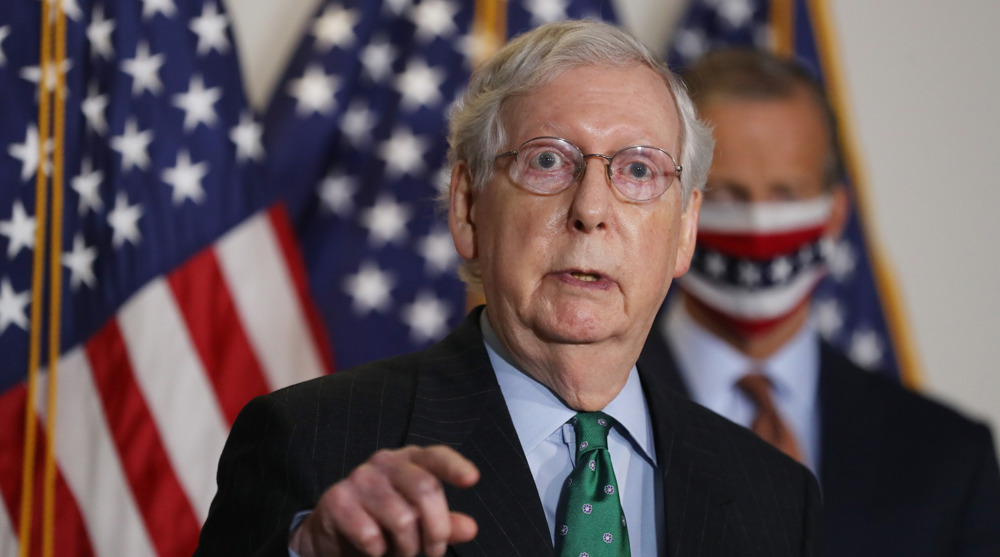


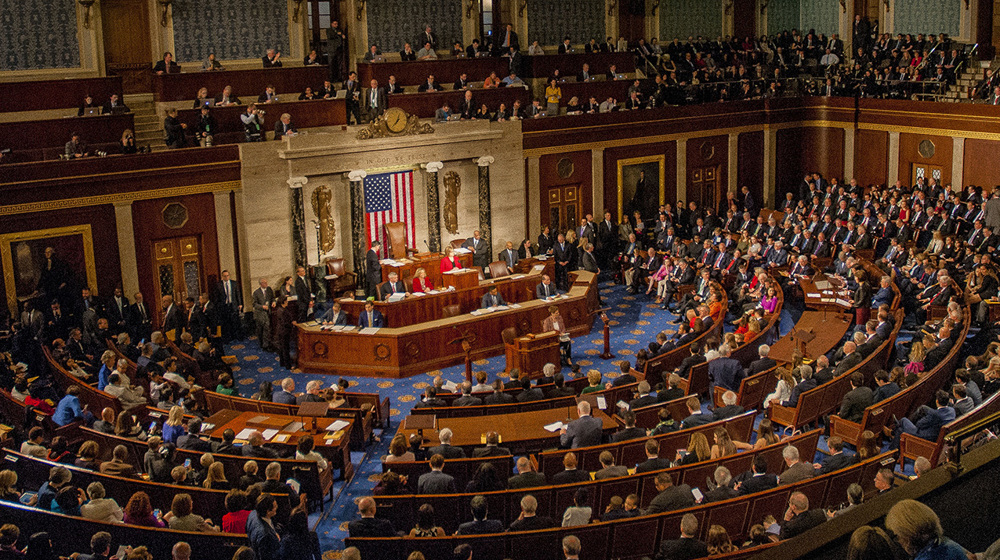
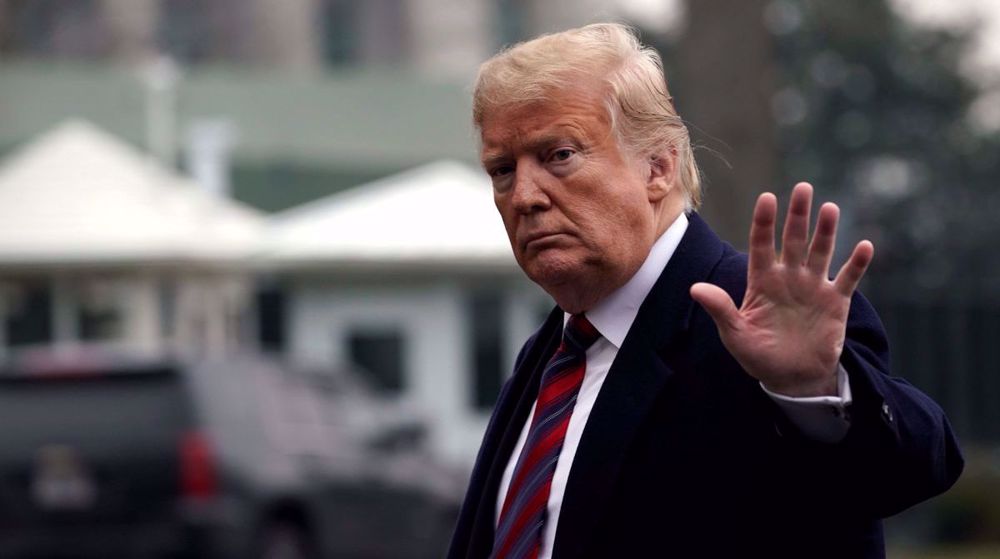



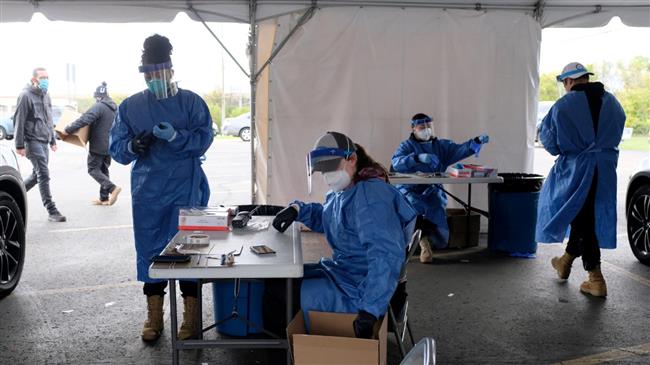
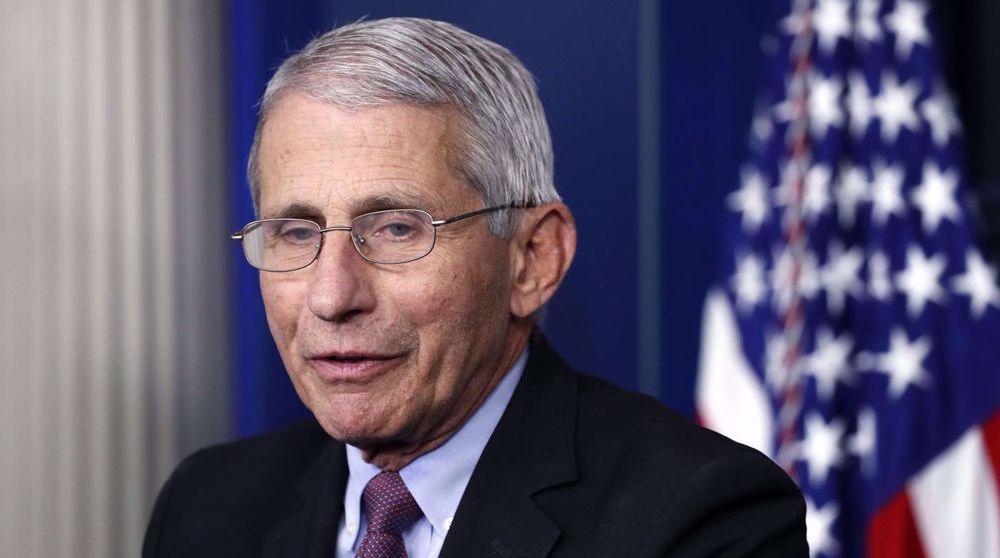
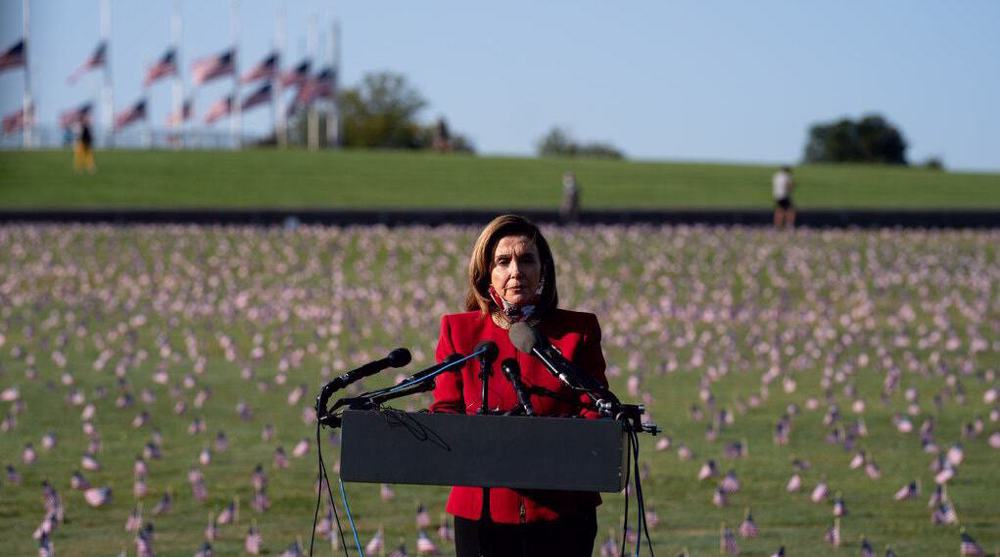

 This makes it easy to access the Press TV website
This makes it easy to access the Press TV website